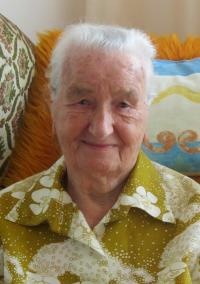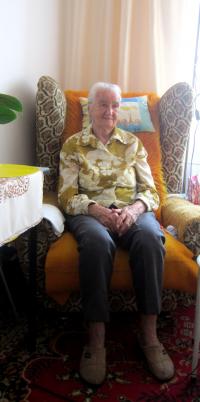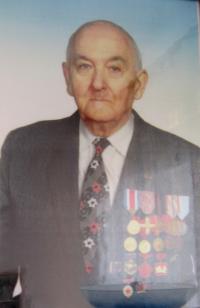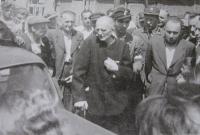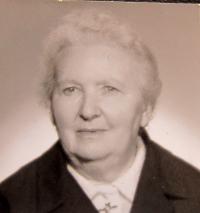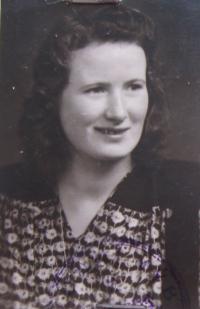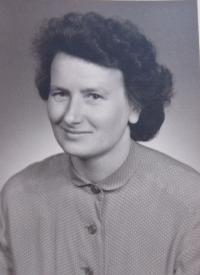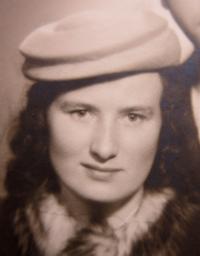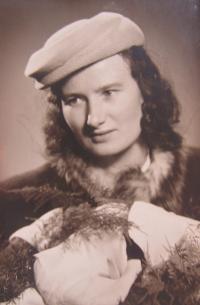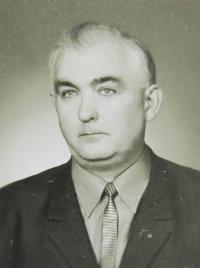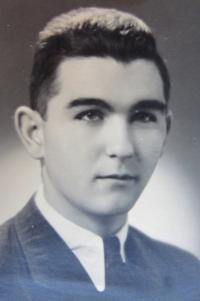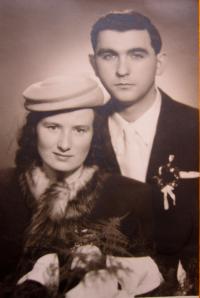I know what it means to be hungry, and therefore I am grateful for everything today

Stáhnout obrázek
Jiřina Hloušková was born April 18, 1921 in Horní Bečva. Her parents were poor and as a child she was often hungry and she had to work hard. Before the war she dated a local German youth, who then fought on the eastern front. In 1942 she was sent to do forced labour in an arms factory in Berlin and subsequently to a factory in Dresden which produced stockings. Due to her mother‘s serious illness she was allowed to return home in 1943 and she then worked in the Vítkovice Ironworks until the end of the war. On August 29, 1944 she experienced the Allied bombing of the factory. When the war was over, she broke up with the young German man. After the war she moved to the village Svobodné Heřmanice, which had been previously settled by Germans. There she met the local teacher, Rostislav Hloušek, who had been a prisoner of war and served as a deacon of the Czechoslovak Hussite Church. They married in 1948 and both joined the Communist Party. During the period of collectivization of country farms they were campaigning in support of establishment of the Unified Agricultural Cooperatives. Mrs. Hloušková now lives in Opava.
